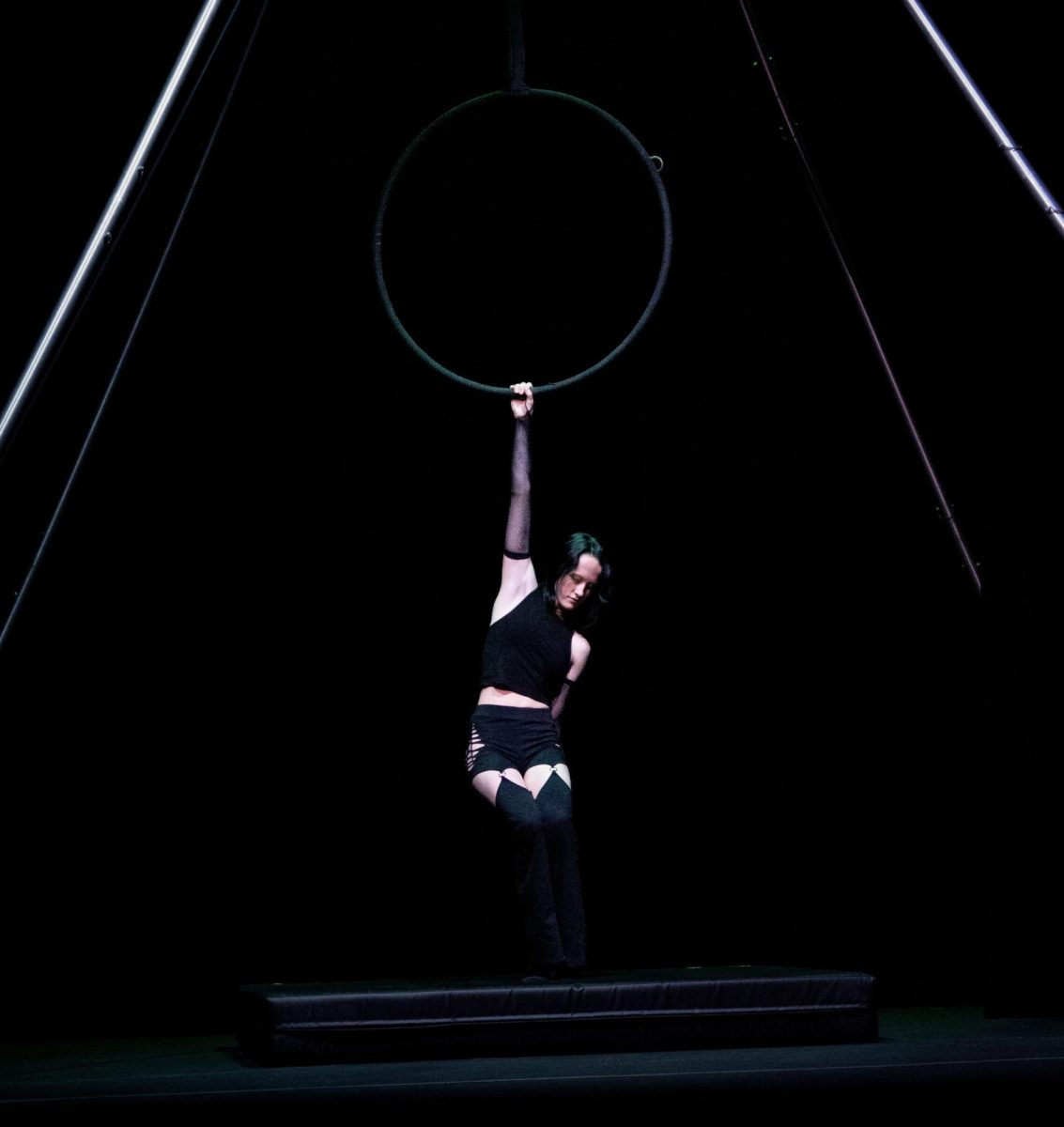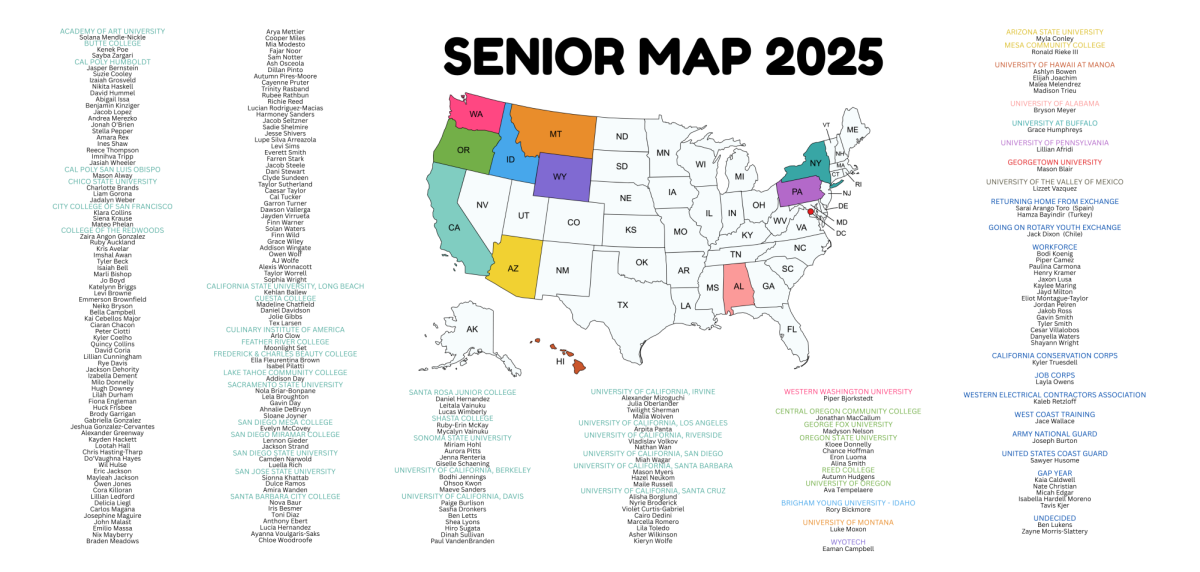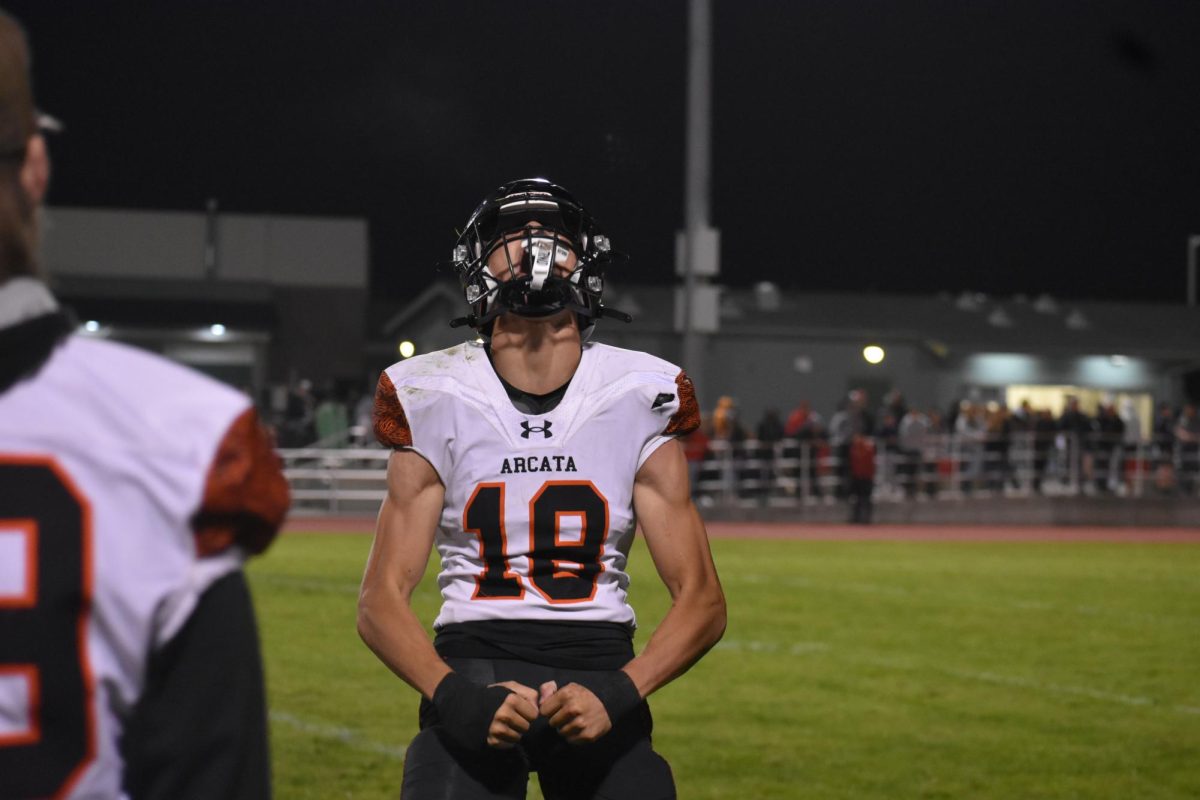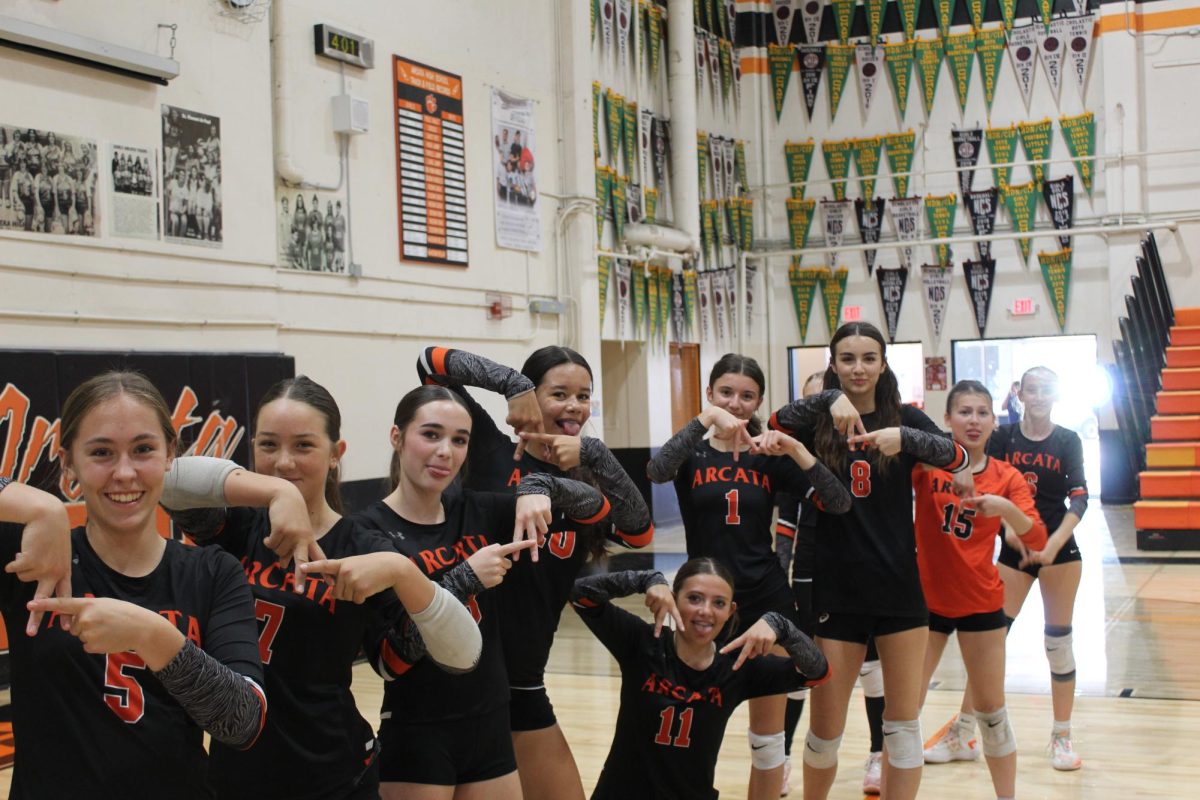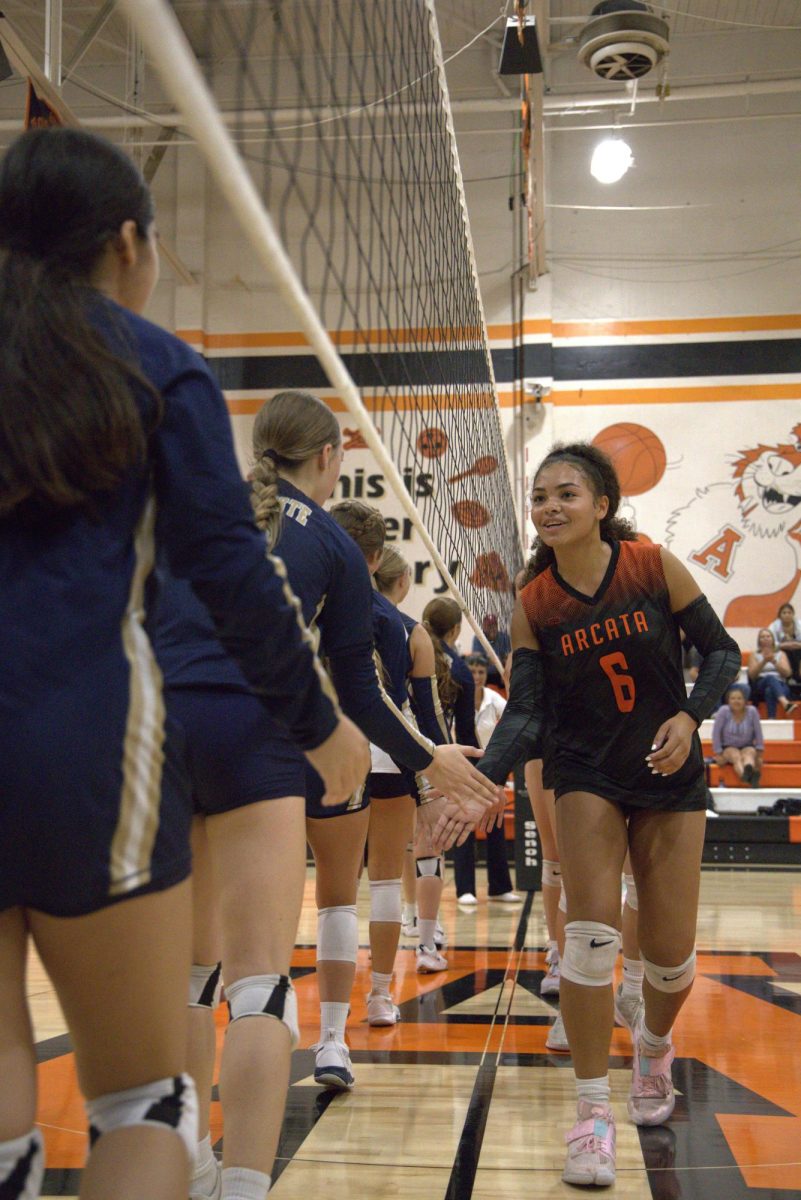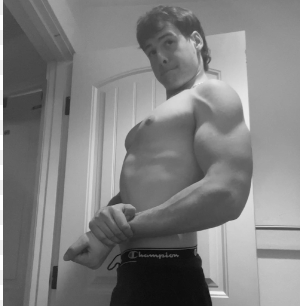Should women and people assigned female at birth have to register for selective services? Men and people assigned male at birth currently have to register and face the possibility of being drafted in case a war breaks out. In a March 1980 issue of The Pepperbox, this idea was explored as various students were asked, “How do you feel about women being drafted?”
In 1980, the fight for the Equal Rights Amendment (ERA) was ongoing, yet coming to an approaching demise. The ERA was a proposed constitutional amendment to prohibit discrimination based on sex. However, it could not rally the 38 state votes that were needed to add it to the Constitution, and the deadline for these votes was quickly approaching (it had been extended to mid-1982). This possible amendment influenced many 1980 Arcata High students’ views on equality.
In 1980, the Vietnam War had just ended five years earlier, in which more than two million men were drafted to fight. The U.S. was still amidst the Cold War with the Soviet Union during this time as well. These facts are important background information for understanding this question and its yields back then. Some of the responses recorded from 1980 students were as follows:
Tauni Evers– “Hopefully it won’t get so serious that we have to go to war, but as far as drafting goes, I think they should only draft those women for the ERA.”
Becki Partee– “I think that if girls can wrestle then they can be drafted.”
Montie Wallace– “I don’t think they should draft anybody. It’s a political war, let the politicians fight it.”
Kelly Birney– “It’s unfair, they can be more crude to women.”
Kevin Sawyer– “RIGHT ON, if I have to go, women should go.”
Kevin King– “You bet. I think if they can have ERA they can be drafted. If men must go, so must women, it’s only fair.”
Tahni Parrott- “I don’t think it’s right, then again, I don’t believe in ERA. If they come for me, I won’t go.”
Now, 44 years later, the same question was asked to some of today’s Arcata High students and teachers.
Soquel Macdonald, senior– “The system was set up by men. They set it up this way, and we’ve had to suffer through their terrible system for so long that it’s not fair that we be drafted now.”
Justin Alexander, senior– “I don’t support it because I don’t think women should be forced to go into combat like that, I feel like they should just do it on their own or in their own opinion, but men should [be drafted].”
Jace Wallace, junior– “I think that it isn’t fair just to draft men, I think we should draft both. They want equal rights and everything, I agree on that, but it should all be equal then.”
Neil Kalson, Culinary teacher– “I’m all for it […] I love it.”
Adam Pinkerton, U.S. Government teacher– “I believe that equality is a fundamental tenant of American ideology, and so therefore, on one hand, I very much believe that if there is a draft, it should apply to all Americans equally. On the other hand, I could see myself being very concerned that any of my children would be drafted and therefore, maybe would protest it if I was afraid my oldest daughter was gonna be drafted.”
Micah Schiller, senior– “I’m definitely very for it, equality.”
Amelie Rebstock, senior, Women’s Advocacy Club Treasurer– “I don’t think that anybody should be, because war is bad!!”
Kaiya Grubb, senior– “Because things are supposed to technically be equal, I think that it is a show that things are truly at equality [if women were in the draft], but at the same time, women are the thing that produce children. And women and children are the ones that don’t necessarily go to war, and so I think it could swing both ways.”
Overall, the viewpoints of Arcata High students regarding whether or not women should be in the draft have maintained a sufficient level of diversity from 1980 to 2024. Although Macdonald brings a perspective not expressed in 1980, many other students and teachers fall in line with the opinions expressed by students in the earlier issue.
The views on this subject have continued to evolve and change based on altered social environments, but some aspects and perspectives have persisted and remained approximately the same for almost half a century.





